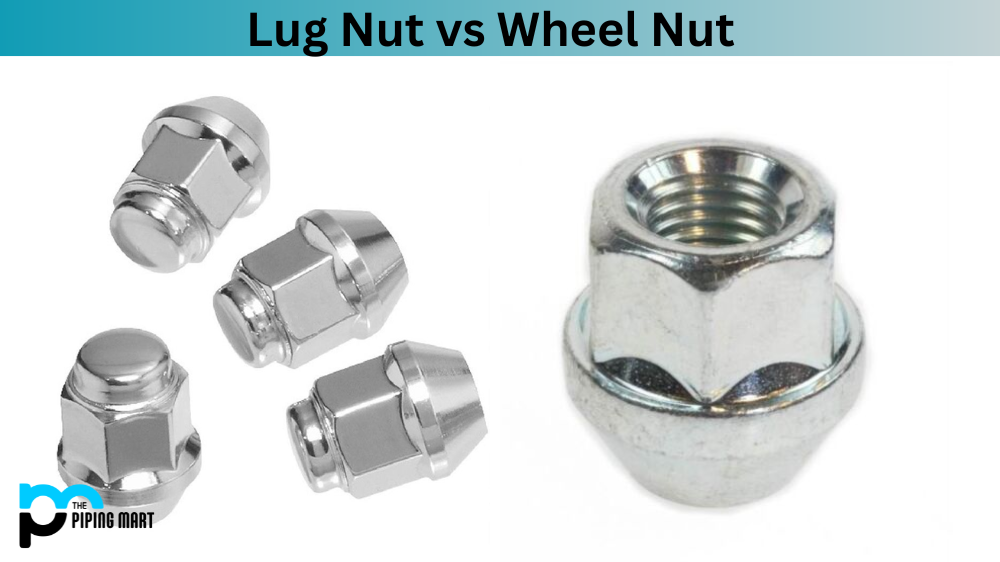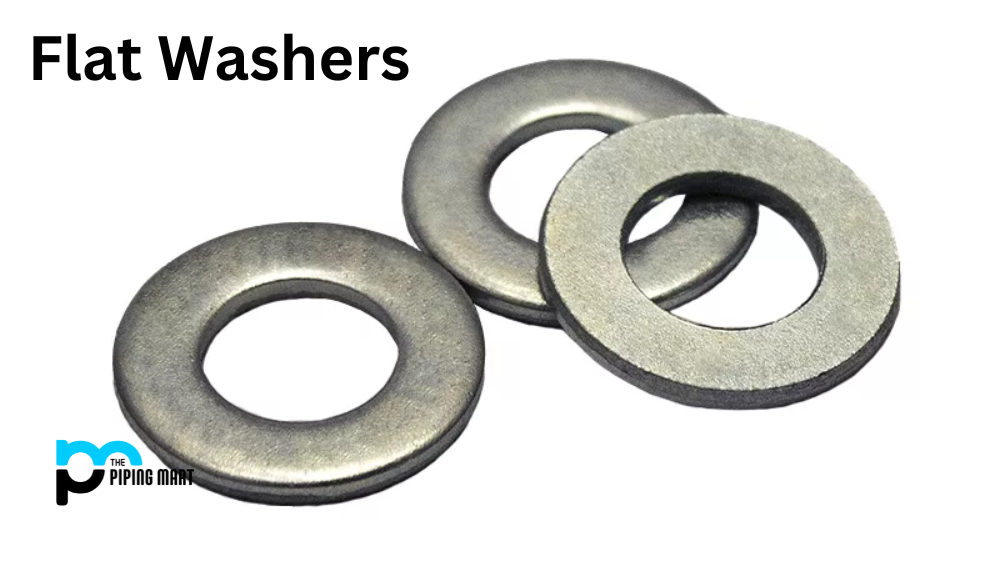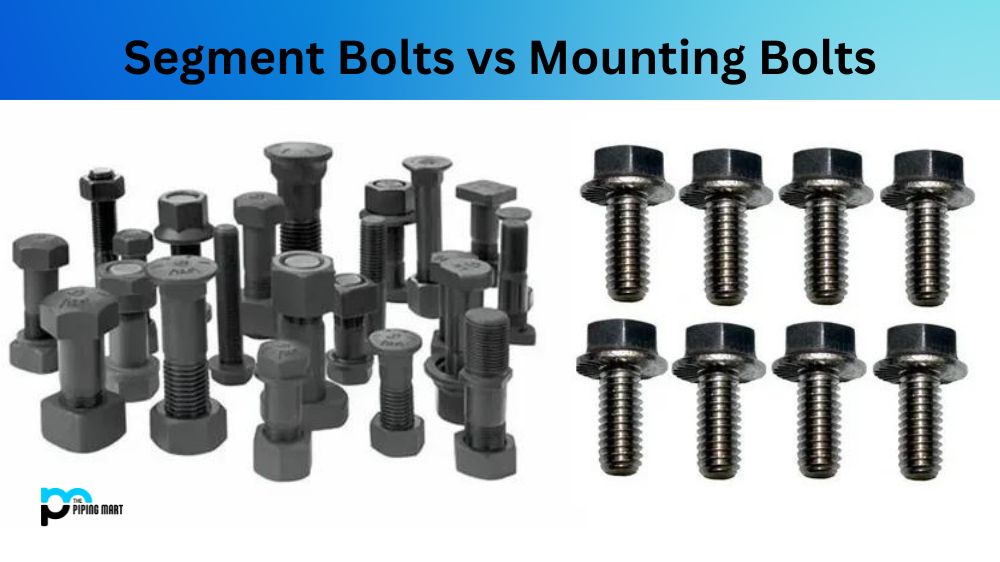Have you ever wondered the difference between a lug nut and a wheel nut? You may have been to an auto parts store and noticed both terms being used interchangeably. Well, don’t worry. This blog post will dive into the difference between these two nuts and help you better understand their roles in your vehicle.
Difference Between Lug Nut and Wheel Nut
Firstly, let’s define the two nuts. A wheel nut is a fastener that holds the wheel to the hub assembly, while a lug nut is a type of wheel nut that has a tapered end that fits into the wheel’s bolt holes. Understanding the difference between the two is essential because not all wheels use lug nuts, and vice versa. Some vehicles, such as semi-trucks, may use lug bolts rather than nuts to secure the wheels.
Secondly, it’s important to note that lug and wheel nuts come in various shapes and sizes, depending on the vehicle. The most common type of lug nut is the acorn nut, which has a domed top that covers the end of the wheel stud. On the other hand, wheel nuts come in different shapes and sizes based on the vehicle manufacturer’s specifications. Using the correct type and size of nuts is essential to prevent damage to the studs or wheels.
Thirdly, the torque value of the lug or wheel nut is another significant factor to consider. Torque refers to the force applied to tighten the nut to the wheel. Over-tightening the lug nut can lead to the wheel stud breaking or warping, while under-tightening can cause the wheel to loosen, leading to an accident. Car manufacturers provide recommended torque value ranges in the owner’s manual. It’s crucial to follow these recommendations to ensure safety.
Fourthly, lug nuts and wheel nuts can also affect the speed and performance of the vehicle. Using lightweight lug nuts can reduce unsprung weight, which improves acceleration and handling. Racing enthusiasts often opt for titanium or aluminium bolts, which are lighter than steel nuts. However, it’s crucial to note that using the wrong nuts can lead to wheel imbalance, reducing the vehicle’s performance and safety.
Finally, it’s essential to perform regular inspections and maintenance on your lug nuts and wheel nuts. Over time, these nuts can become corroded or stripped, causing the wheels to loosen or come off while driving. Always check the nuts’ condition and replace any damaged ones promptly. Additionally, it’s essential to have a professional mechanic check and tighten the nuts after a tire rotation or wheel replacement.
Other Differences
- A lug nut is a type of fastener used to secure a wheel to a vehicle.
- A wheel nut is also a type of fastener used to secure a wheel to a vehicle.
- The main difference between lug nuts and wheel nuts is that lug nuts are designed to be tightened by hand, while wheel nuts are designed to be tightened with a wrench.
- Lug nuts are typically smaller than wheel nuts.
- Wheel nuts are typically made of steel, while lug nuts can be made of steel or aluminium.
- Lug nuts typically have a hexagonal shape, while wheel nuts can have a hexagonal or square shape.
- Lug nuts are typically available in standard and metric sizes, while wheel nuts are only in metric sizes.
- Wheel nuts must be torqued to the correct specification to ensure they are properly secured. Lug nuts do not need to be torqued to a specific specification.
- If a lug nut is improperly secured, it could come loose and cause the wheel to come off the vehicle. An improperly secured wheel nut could come loose and damage the studs or threads on the vehicle’s axle.
- It is important to check your lug and wheel nuts regularly to ensure they are properly secured.
Conclusion
In summary, while the terms lug nut and wheel nut may be used interchangeably, there is a crucial difference between the two. Lug nuts are wheel nuts that hold the wheel to the hub assembly. It’s important to use these nuts’ correct type, size, and torque values to ensure safety and vehicle performance. Regular inspections and maintenance of the lug and wheel nuts are vital to prevent accidents caused by loose or damaged nuts. By better understanding these fasteners, you can be confident about your vehicle’s mechanical operation and ensure your safety on the road.

Abhishek is a seasoned blogger and industry expert, sharing his insights and knowledge on various topics. With his research, Abhishek offers valuable insights and tips for professionals and enthusiasts. Follow him for expert advice on the latest trends and developments in the metal industry.




